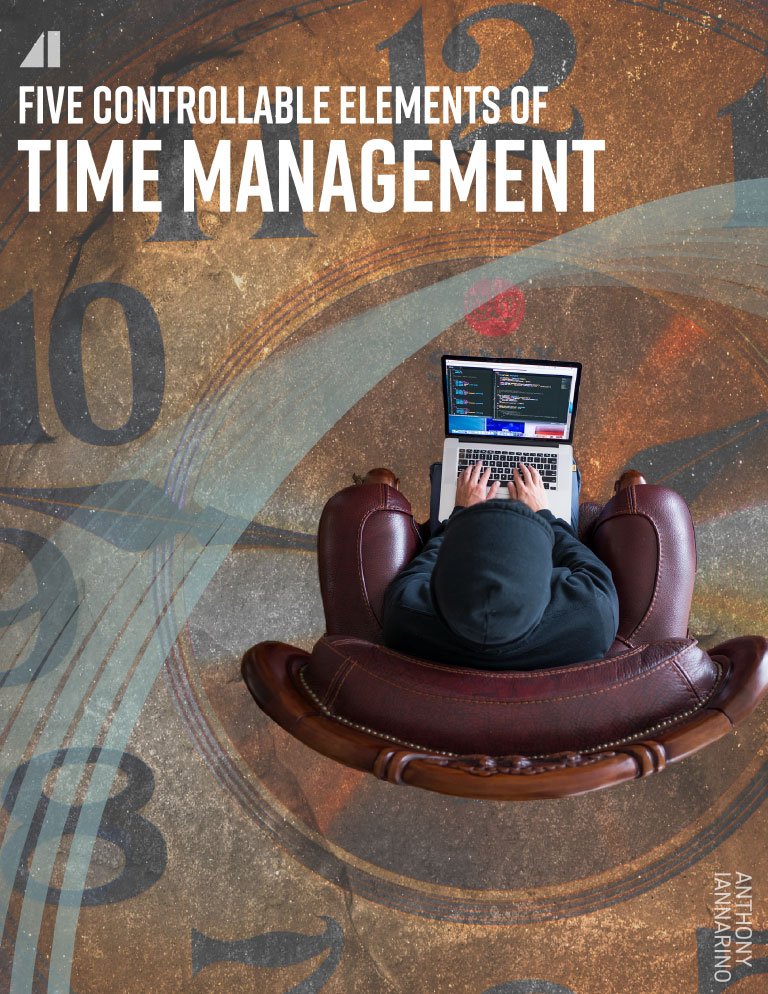As this crisis continues, I use the Kübler-Ross Grief Cycle to explain to leaders and salespeople exactly how to speak to their clients and their prospects by looking for signs as to where they are in the cycle.
In consultative selling, it is always beneficial to be out in front of your client as it pertains to what they need to know, the things that will impact their business, and what choices they should consider. Where you can run into trouble is not recognizing where your contacts are in this cycle, something about which we’ll share more in a future post.
For our purposes here, we are going to focus on you, looking at the cycle, the stoic’s solution, and how it might benefit you now.
The Kübler-Ross Cycle and You
Here are the stages as observed and documents by Kübler-Ross:
- Denial: You might have asked yourself, “How could this have happened here?” The shock of the experience causing a fear response, especially when we knew very little at the time. Denial and fear are useful and valuable human emotions, and there is no reason one should feel any sense of shame for experiencing them. You are human, and this is part of how we process negative and adverse events.
- Anger: You may have told yourself, “This is unfair. This shouldn’t be happening to me.” If you’re like a lot of us, you would have found the whole thing irritating, as it interrupted your life and your plans. If you are possessed by a victim-mindset or overly political, you would have no doubt started to look for villains, those responsible for the crisis and the response.
In this state, your self-talk commands you experience frustration. Having spent a large part of my life here, you would have had a hard time matching me when it comes to being able to create this state.
- Depression: When you focus on things you cannot control, you can feel a sense of helplessness. Helplessness can convince you that there is nothing you can do, that the world is acting on you, and cause a loss of all hope. There may be nothing worse than a loss of hope, and that is why it occupies the very lowest point on the Kübler-Ross cycle.
- Bargaining: At some point, as people start to process events, they begin to work through it, searching for some meaning and telling their story, a highly effective way to both process the experience in an objective way, one that can provide distance. My hack is to believe that every adverse event in my life has made me stronger and prepared me for even greater challenges. If you are going to lie to yourself, you should always choose empowering lies over disempowering ones.
- Acceptance: At some point, you accept things as they are, you assess your options, and you move forward. You might have noticed that reality doesn’t seem to adjust itself to your thoughts, ideas, values, wishes, or plans. Once you can process the experience effectively, you can get to acceptance.
The Stoic Philosopher’s Hack
The Stoics would have you skip straight to acceptance. They would have you skip denial, since denying reality provides you no benefit. While they would allow for some human emotion, they would counsel you not to allow negative emotions to consume you. The Stoics share something with Zen Buddhists, which is accepting their fate is already sealed, that they are going to be leaving this earth, an idea that liberates them from worrying about their fate, and instead, loving it. The idea is called “amor fati.”
If the Stoics do any bargaining, they tend to treat every bit of adversity as a test. They look at adversity as a sort an evaluation of their Stoicism, not unlike my hack of believing all adverse events serve me and my future. I do this kind of bargaining when I end up in a subpar hotel, using the opportunity to remind myself that the discomfort isn’t nearly as bad as I make it in my mind and easily survivable.
The ultimate hack for dealing with adverse events and occurrences is to go immediately to acceptance, which isn’t to suggest you should do nothing, but that you should do what you can, ignoring the things over which you have no control and no influence.
The value in going straight to acceptance isn’t only skipping the four prior stages. There is equal value in getting to the end without wasting a lot of time suffering and moving forward towards your goals, dreams, and ambitions.
Reading List: You will not find anyone more deeply entrenched in the ideas of stoic philosophy than Ryan Holiday. Pick up his trilogy: The Obstacle is The Way, Ego is the Enemy, and Stillness is the Key. Also read William Irvine’s The Stoic Challenge: A Philosopher’s Guide to Becoming Tougher, Calmer, and More Resilient and A Guide to the Good Life: The Ancient Art of Stoic Joy. To read the Stoic’s Stoic, pick up Meditations by Marcus Aurelius.

Get the Free eBook!
Five Controllable Elements of Time Management
Time is out of your control. Nothing you do can slow it down, speed it up, or make it stop. You can, however, take advantage of it. By managing yourself and your calendar, you can start getting more out of your day and take bigger strides towards achieving your sales goals.
Download Now







.jpg?width=768&height=994&name=salescall-planner-ebook-v3-1-cover%20(1).jpg)


